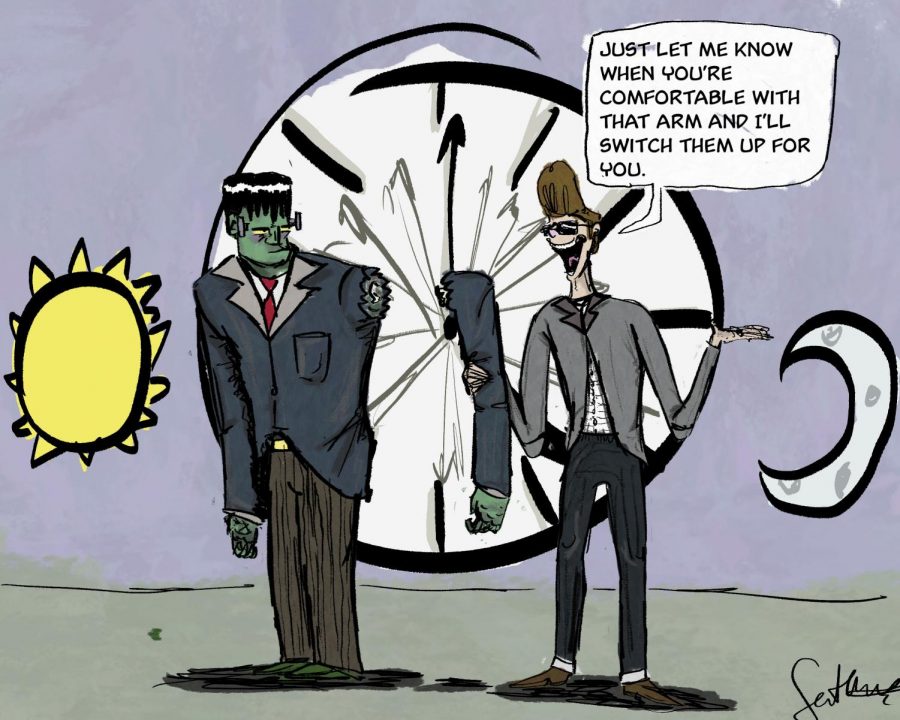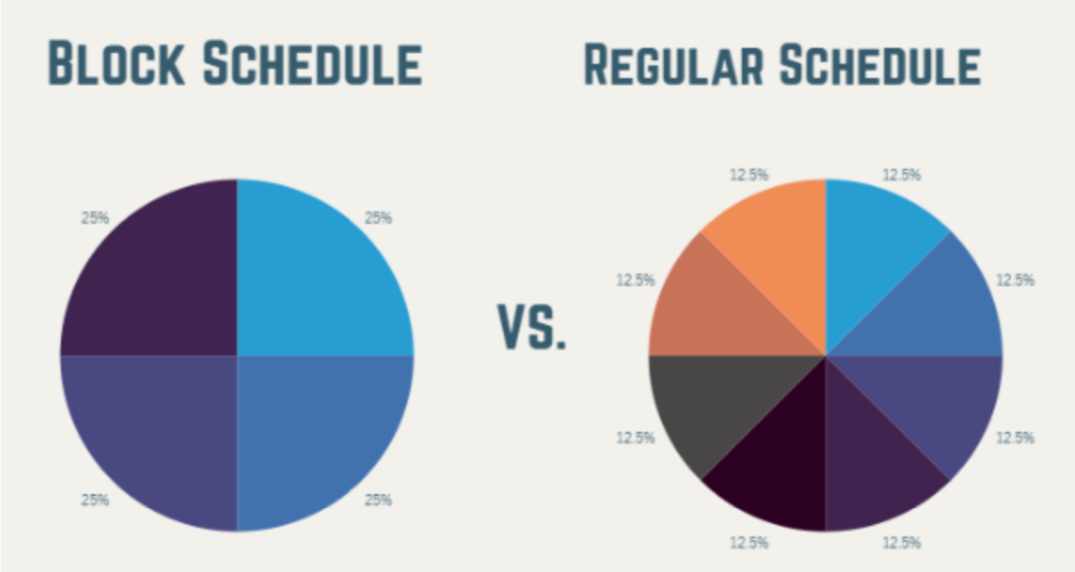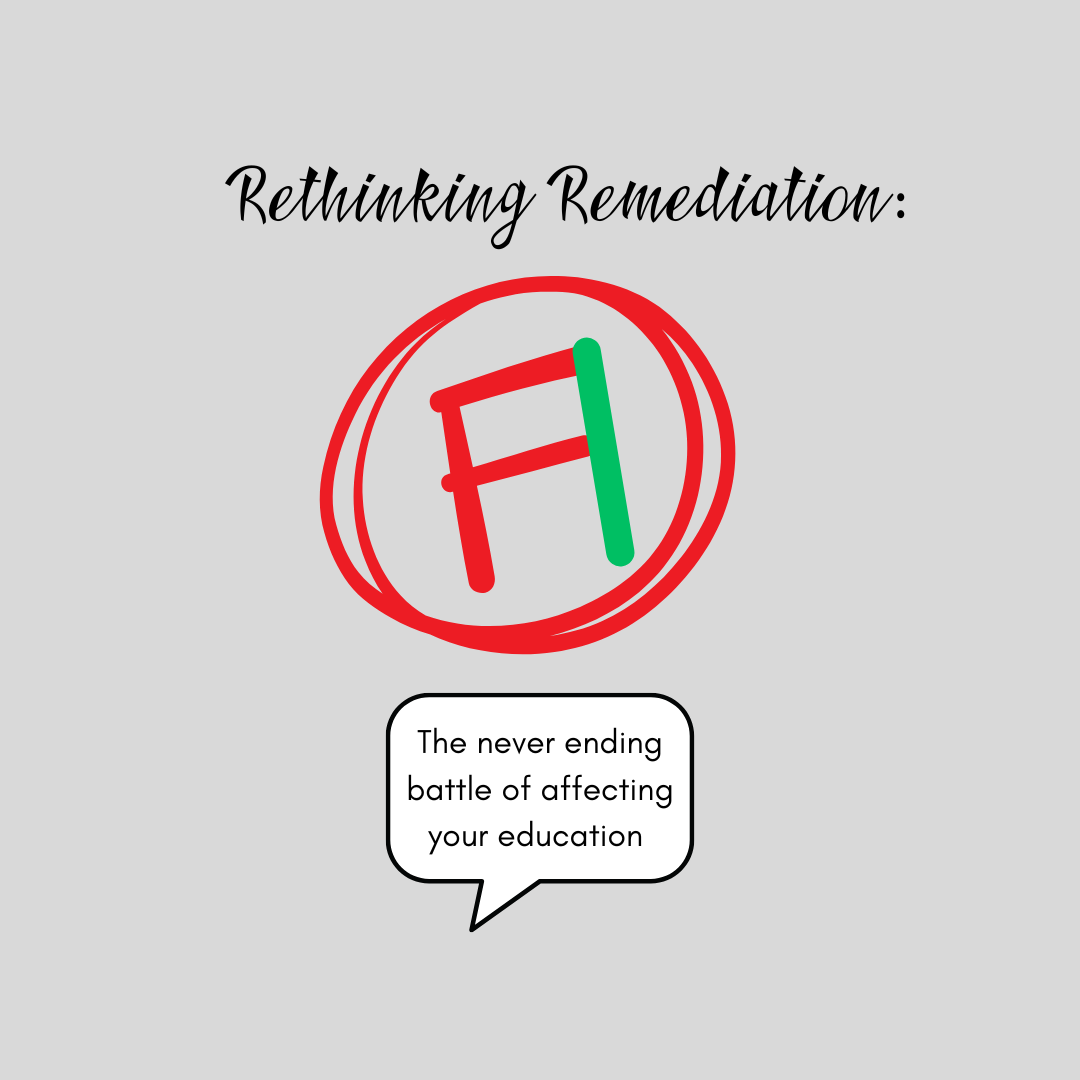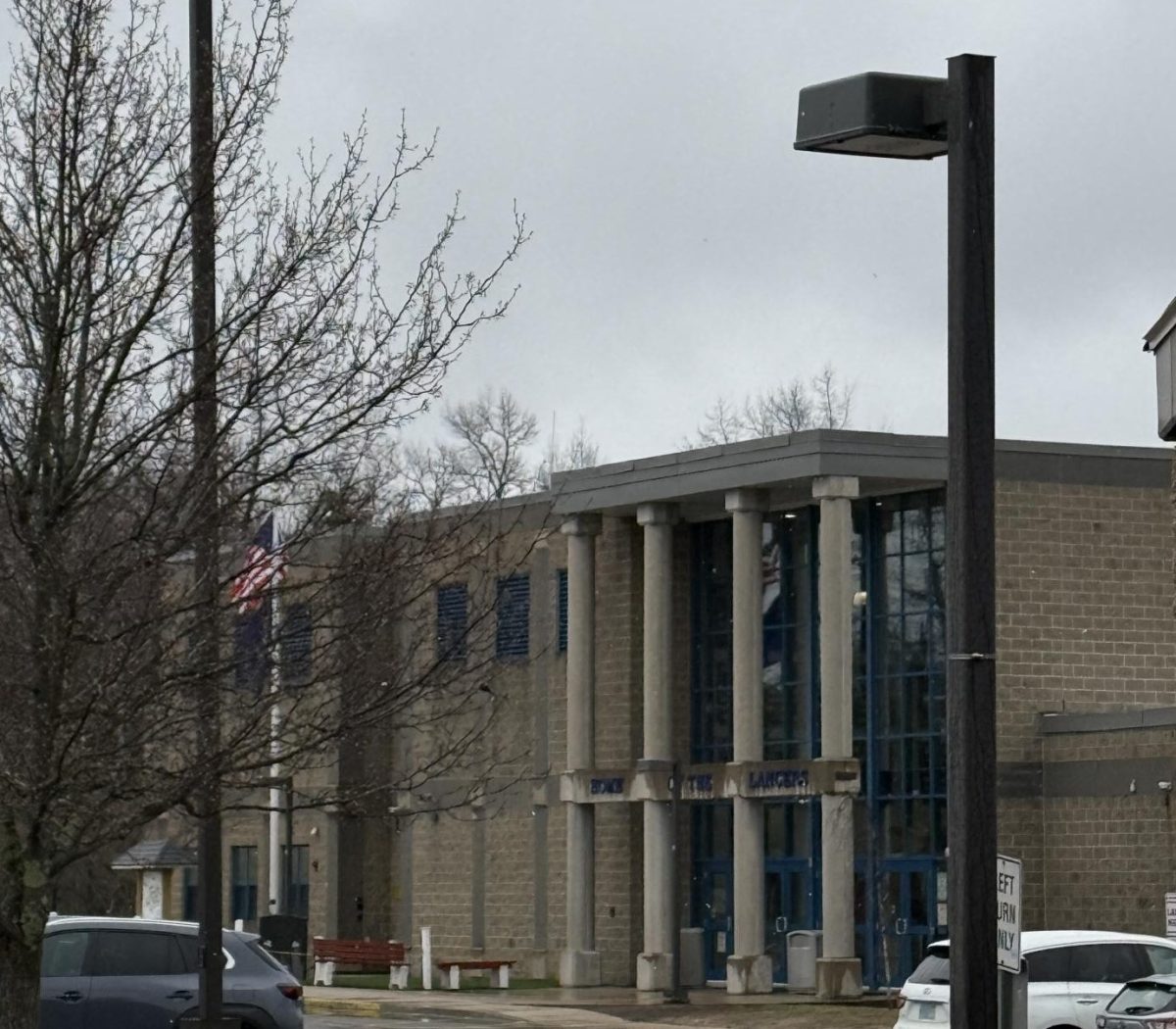I’m tired. More tired than usual. It has nothing to do with stress from schoolwork or from poorly managing my time. I’m more tired than usual due to daylight savings, an archaic system that has outlived its usefulness.
Every year, we have to change our clocks back an hour, and then forward half a year later. Every year, we have to deal with waking up earlier than we are used to. And every year, we have to begrudgingly accept that it’s something we’re “supposed” to do without thinking about it.
This event happens twice every year, and every time it happens, we have to deal with all the hassle of adjusting. It just seems unnecessary to have to continually change our clocks back and forth, and to keep messing with how we keep track of time.
It makes me ask the question of why we have to keep the burden. Why do we have to force ourselves to use this system that is more trouble than it’s worth? I feel that we shouldn’t have to keep using a system such as daylight savings.
The first adoption of Daylight Savings by a country was by Germany during 1916. It was implemented in order to help save fuel during WW1 by reducing how often lights are used.
This idea was popular enough to be used by other countries during the war. The process was ended after the war, and wasn’t used again nationally until WW2. Individual states were in control of if and when they were going to use daylight savings besides these points in time.
Daylight savings has continued to be a topic of discussion since. Numerous states have changed their stance on whether they should use daylight savings. Daylight savings wasn’t used statewide in New Hampshire until 1970, and the system has remained since.
Proponents of daylight savings argue that it gives more time during the day for people. They say that it gives people more time in the day because the sun is up for longer. This gives people more time to be up and active. This is especially important in winter, when the sun is up less and daylight is less prevalent.
There isn’t much reason as to why we couldn’t start the day earlier, however. We could just start our day an hour earlier, and never switch our clocks or participate in daylight savings. This would allow us to enjoy the day longer while keeping the time consistent.
Proponents also argue that daylight savings can also reduce the amount of electricity used. This is argued to be because it reduces the amount of time people use artificial lighting, and increases the time in which people use natural lighting.
This argument relies on the idea that daylight saving would reduce electricity use, however, there isn’t much evidence that supports this. A study was conducted on how daylight savings affected energy efficiency for residential areas in Indiana, and it found that there was an overall increase in energy consumption of around 1%, and that the daylight savings had on energy consumption was variable.
There are multiple ways in which daylight savings leaves us off worse than if we didn’t keep switching our clocks.
One of the negative effects that comes from daylight savings is how it messes with our circadian rhythm. Our circadian rhythm, or internal clocks, is how our body keeps track of time. It tells our bodies when we should go to sleep and is important in helping us go to sleep.
In order for our circadian rhythm to function properly, people need to keep a consistent sleep schedule. Daylight savings forces us to wake up at a different time than our bodies are used to, and thus throws off our circadian rhythm. This makes it more difficult to function properly when we switch our clocks. Switching our clocks makes it harder for us to stay productive for the next few days.
The loss of sleep that happens when we set our clocks back also has a noticeable increase in the amount of fatal accidents that we encounter. The increase can cause an increase in fatal car accidents as much as 16%. This increase is caused by the sleep we lose from daylight savings, and could be easily prevented if we kept our time consistent.
The idea of a six-month daylight saving system causes more issues than it solves. Its advantages are small compared to its drawbacks. It would be better to keep the normal time rather than keep changing the time and making it harder for people to ajust. It would keep things simple and avoid a lot of the problems that daylight savings causes.
And then maybe I wouldn’t be so tired right now.
















